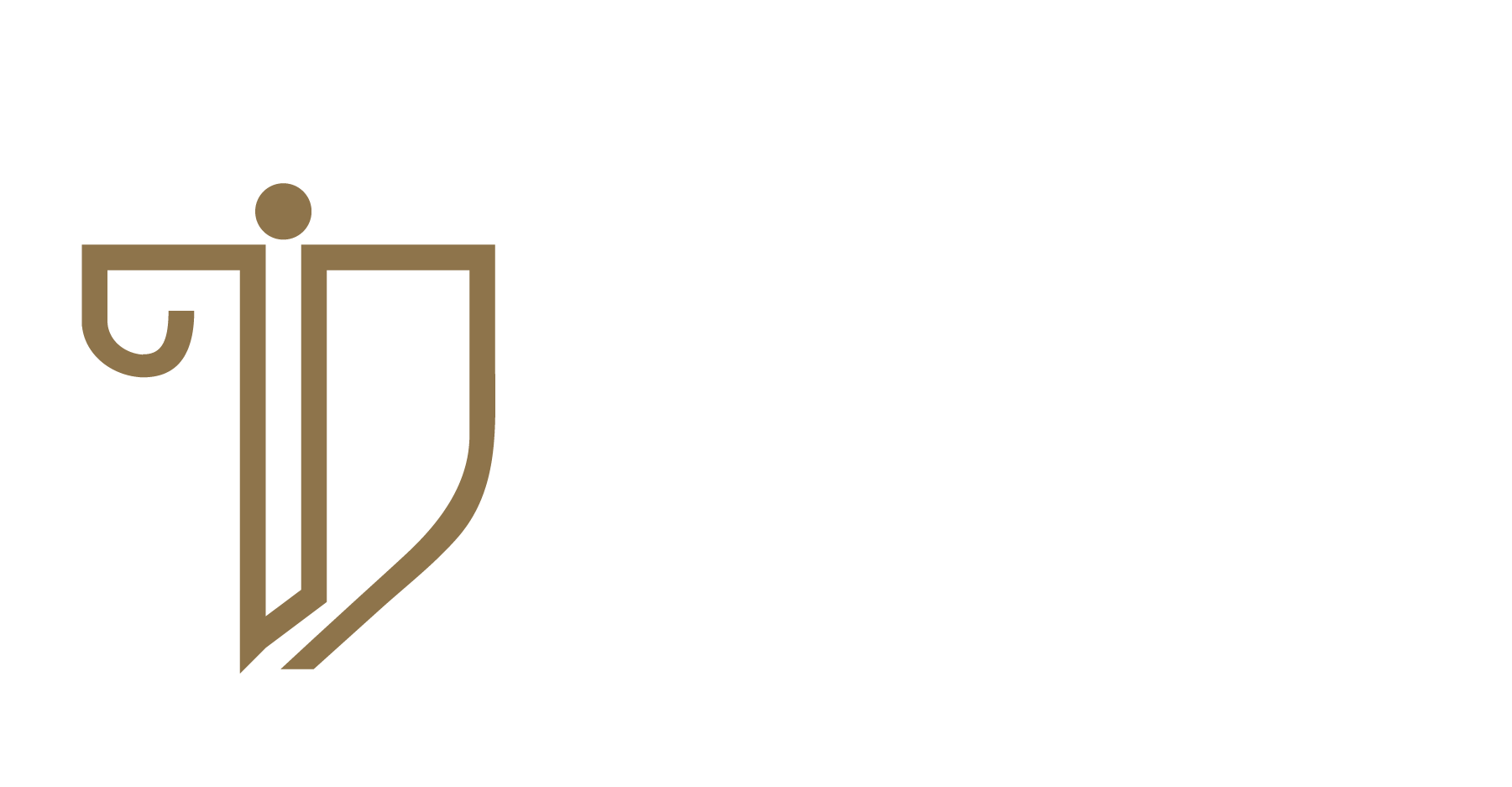CALL TODAY (855) 387-2963
Table of Contents
What are Punitive Damages?
Punitive damages serve largely as a punishment against defendants rather than as compensation to plaintiffs, unlike most other types of monetary damages awarded in lawsuits. They are typically awarded when the defendant’s actions are found to be intentional, malicious, reckless, or grossly negligent. The purpose is to punish defendants for their wrongful conduct, deter them and others from engaging in similar misdeeds again, and express society’s disapproval of such behavior.
Punitive damage awards act as a warning to potential wrongdoers that egregious actions can lead to much harsher monetary penalties beyond just compensating the victim. They essentially allow juries and judges to impose fines in civil cases as a means of societal retribution.
Implications of Punitive Damages in a Personal Injury Case
The prospect of paying out substantial punitive damage awards impacts defendants in several key ways. Firstly, it acts as a deterrent against misconduct, incentivizing companies and individuals to avoid actions that could be construed as intentional, reckless, or grossly negligent. The threat of huge financial penalties makes them less likely to cut corners or act in irresponsible ways.
Secondly, the possibility of punitive damages encourages potential defendants to settle cases rather than risking a trial. Even defendants who feel confident in the merits of their case may opt to settle due to the small chance of an emotionally charged jury awarding vast sums in punitive damages after hearing accusations of malicious or reckless behavior. The settlement allows defendants to avoid this risk.
Finally, paying punitive damages has monetary implications for defendants in terms of higher insurance premiums, damaged credit ratings, and actual dollar payouts which can total millions depending on the case. Even the strongest companies want to avoid huge punitive damage checks and increased expenses from raised insurance rates.
Actions That Warrant Punitive Damages
Punitive damages are typically only awarded in civil cases when the defendant's behavior is found to be especially reprehensible. Common actions that warrant punitive damages include:
- Intentional misrepresentations or outright lies to consumers about products or services
- Knowingly selling dangerous or defective products that cause injury or property damage
- Gross negligence such as ignoring safety procedures or regulations
- Reckless disregard for human life or wellbeing
- Intentional discrimination against protected classes of people
- Egregious abuses of power or fiduciary responsibilities
- Intentionally spreading false information meant to hurt the plaintiff’s reputation or business
These sorts of conscious, excessively irresponsible, deceitful, or outright malicious actions and inactions make defendants liable for punitive awards on top of compensatory damages. By pursuing such additional penalties, victims can secure fuller justice.
Benefits of Hiring a Personal Injury Lawyer
When punitive damages are on the table, it pays to have an experienced personal injury lawyer arguing your case. An adept attorney knows how to demonstrate the willful, wanton, or reckless behaviors that warrant punitive awards. They also understand litigation strategy and how to convey victims’ stories in ways that motivate juries or judges to impose harsh penalties.
The Family Matters Law Group in Atlanta has decades of combined experience securing results for injury victims in Georgia and has repeatedly demonstrated skill in earning clients substantial verdicts and settlements. Our expertise equates to superior odds of prevailing if your personal injury claim could involve punitive damages against the liable party. We devote ample time and resources to each case, apply shrewd negotiation tactics, and excel at storytelling before juries. With possible punitive damages in the mix, Family Matters Law Group stands ready to fight for maximum punishment against wrongdoers. Our advocacy offers the best chance at just compensation.
Hours:
Mon. - Thurs:
9:00am - 5:00pm
Friday:
9:00am - 1:00pm
Saturday - Sunday: Closed
Personal Injury Quick Links
This website is a public resource of general information concerning our law firm and not intended to be a source of legal advice. Family Matters Law Group, P.C. intends to provide up-to-date, current, and correct information, however it does not guarantee, promise or assert that the information is as such. The information is not intended to create, and receipt of it does not constitute, an attorney-client relationship. Internet subscribers and online readers should not act upon this information without seeking professional counsel. You should consult an attorney for individual advice regarding your own situation. Links on this website are not intended to be referrals or endorsements of the linked entities. Family Matters Law Group, P.C. expressly disclaims all liability in respect to actions taken or not taken based on any or all of the contents of this site. The reproduction or retransmission of the contents of this Web site is prohibited without the prior written consent of Family Matters Law Group, P.C.
All Rights Reserved | AWIL Injury Law


